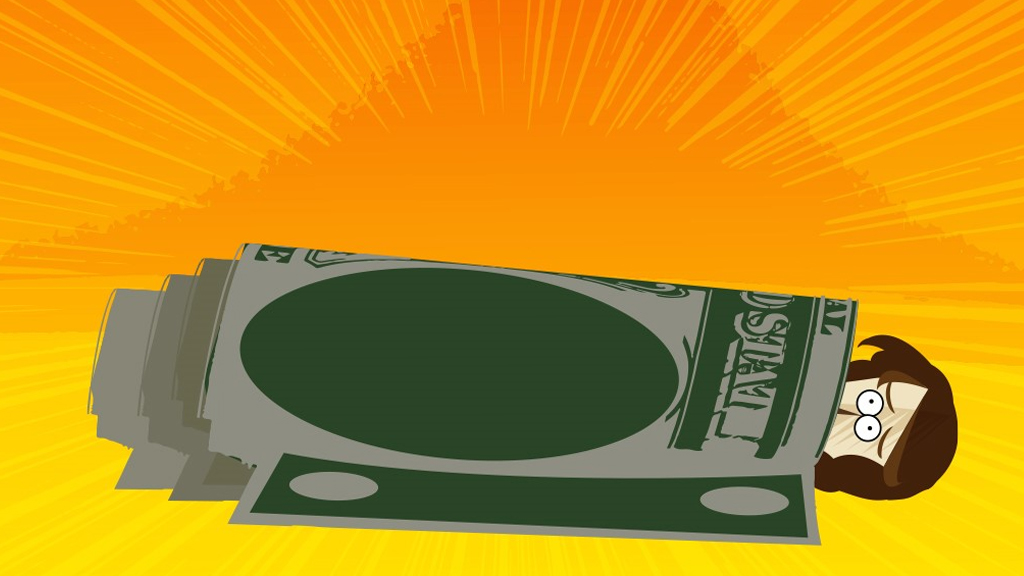PPP loans for startups
Unless you’ve been vacationing on Mars for the past six months, you know that a $2 trillion Coronavirus Aid, Relief, and Economic Security Act (CARES Act) was recently approved by Congress. Business owners are sifting through the fine print to see if they qualify for PPP loans for startups.
The stimulus package carries provisions that will surely assist startups and small business during our current state of national emergency. The most notable part of this legislation is known as the Paycheck Protection Program, or PPP.
“Under the PPP, startups can qualify to attain a forgivable loan of 2.5 times the average monthly payroll, with restrictions, of course,” explained the vice president of communications for Zeni, Inc., Emilie Pires.
Emilie Pires oversees Zeni, a company that helps startups manage financial affairs and helps clients apply for PPP loans.
The federal government has a history of lending to small businesses through the Small Business Administration. The PPP loan differs from past loans, however, because it can be forgiven, and because it doesn’t require a personal guarantee.
“Loan forgiveness is the most notable aspect of the PPP. It is significant because if you comply with the requirements, the loan actually functions like more of a grant. It’s non-dilutive capital from the federal government to keep your company alive,” Pires continued.
Perks of PPP
According to Bloomberg business writer Sara McBride, not requiring a personal guarantee gives startup founders a much needed boost.
“If a loan requires a personal guarantee, the founder would likely be weighed down with heavy personal debt if the startup ended up failing. A loan like this is not very appealing, so it’s a big deal that the PPP loan doesn’t require a personal guarantee.”
Here are the two requirements if you want the loan to be forgiven. Per Bloomberg:
1) You must spend the money within 24 weeks of receiving funds, and;
2) You must use the loan on payroll, rent, mortgage, interest, or utilities.
The affiliate rule
Here’s where it gets a little dicey. First off, it’s best to consult a lawyer regarding the specifics of the affiliate rule. The affiliate rule essentially states that, if you own multiple startups, you have to count all the employees of all your companies when determining if you qualify for the PPP loan, which requires you to have less than 500 employees total to qualify.
With that said, here is an interpretation given by tech industry venture capitalist and lawyer Ed Zimmerman: “You might be able to skate by the affiliate rule if no one who owns other companies has more than a 20% stake in your company, and if no one in your company has enough control to veto any actions from your board.”
Qualifying for PPP
Zimmerman also lays out a three-question test that might help you determine if your venture capitalist-supported startup qualifies for a PPP loan. The three questions are:
1) Does your venture capitalist hold 50% of your company’s equity?
2) Even aside from that, does at least one venture capitalist control the majority of the company’s board?
3) Further, does any venture capitalist control large portions of protective provisions, allowing him or her to veto corporate action, giving this venture capitalist control of the startup?
According to Zimmerman, if your answer to any one of the above is yes, you should attain legal counsel. If you answered no to all three, that’s great news for you (but should still seek out legal counsel).
It is worth noting that the CARES Act does offer a program for companies with up to 10,000 employees. But those rates will be higher and will come with much bigger caveats.
Again, it’s best to consult a lawyer to decide if you qualify to avoid the affiliate rule.



